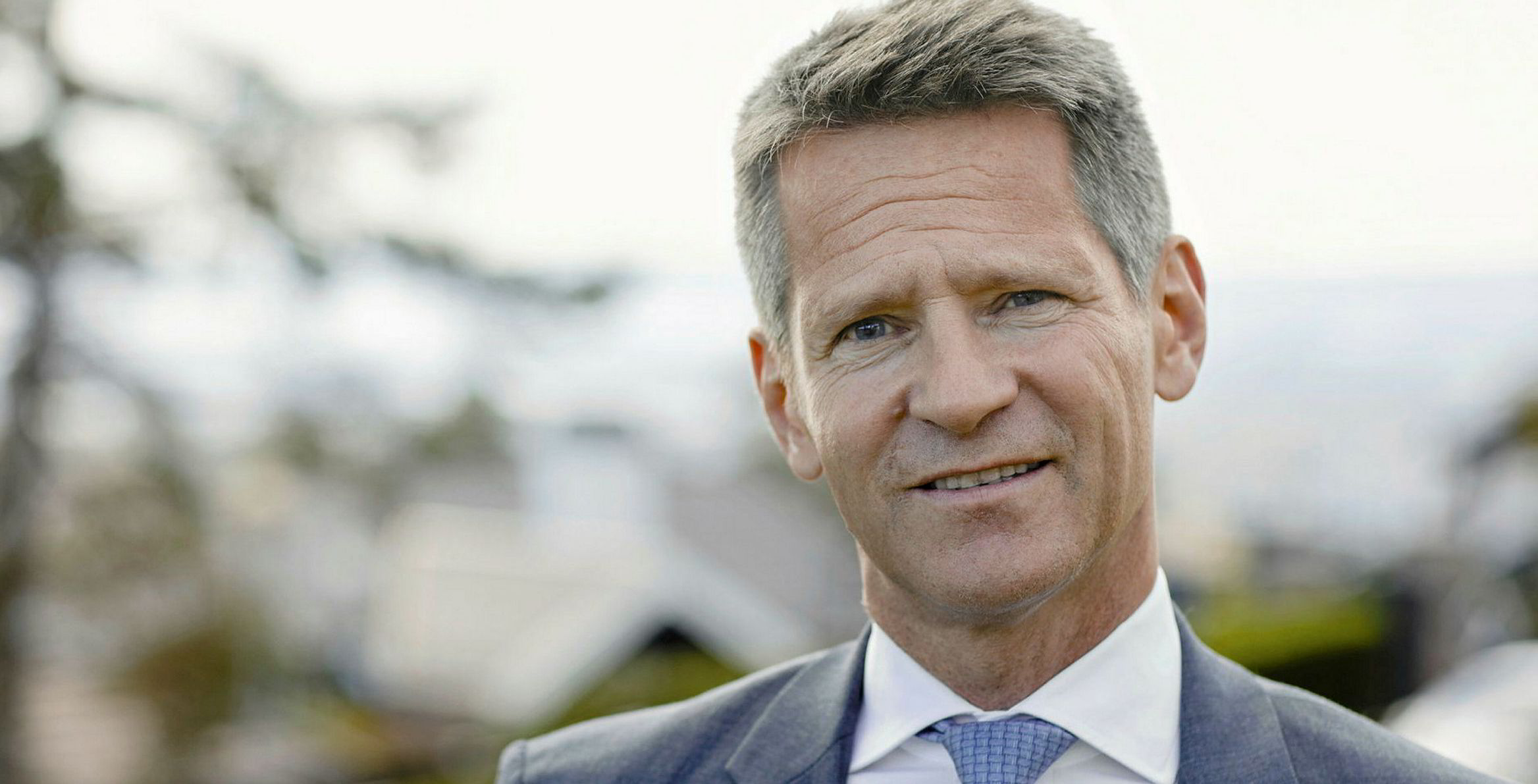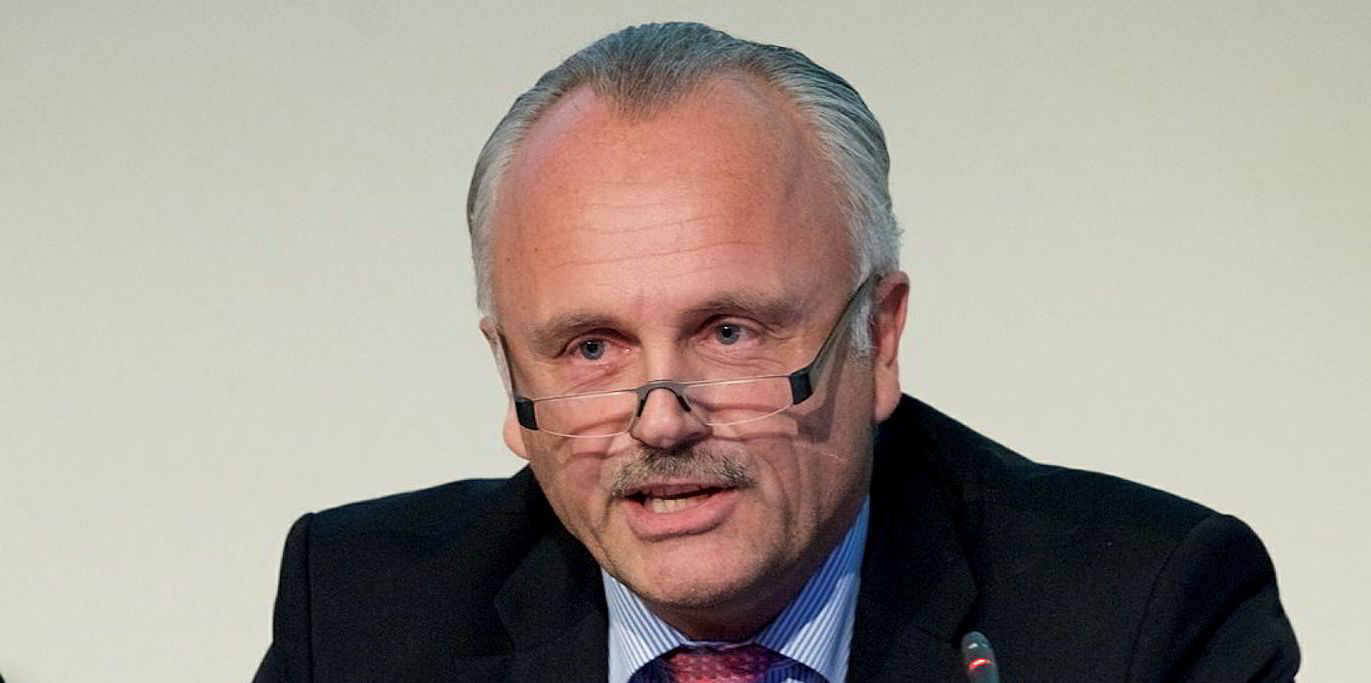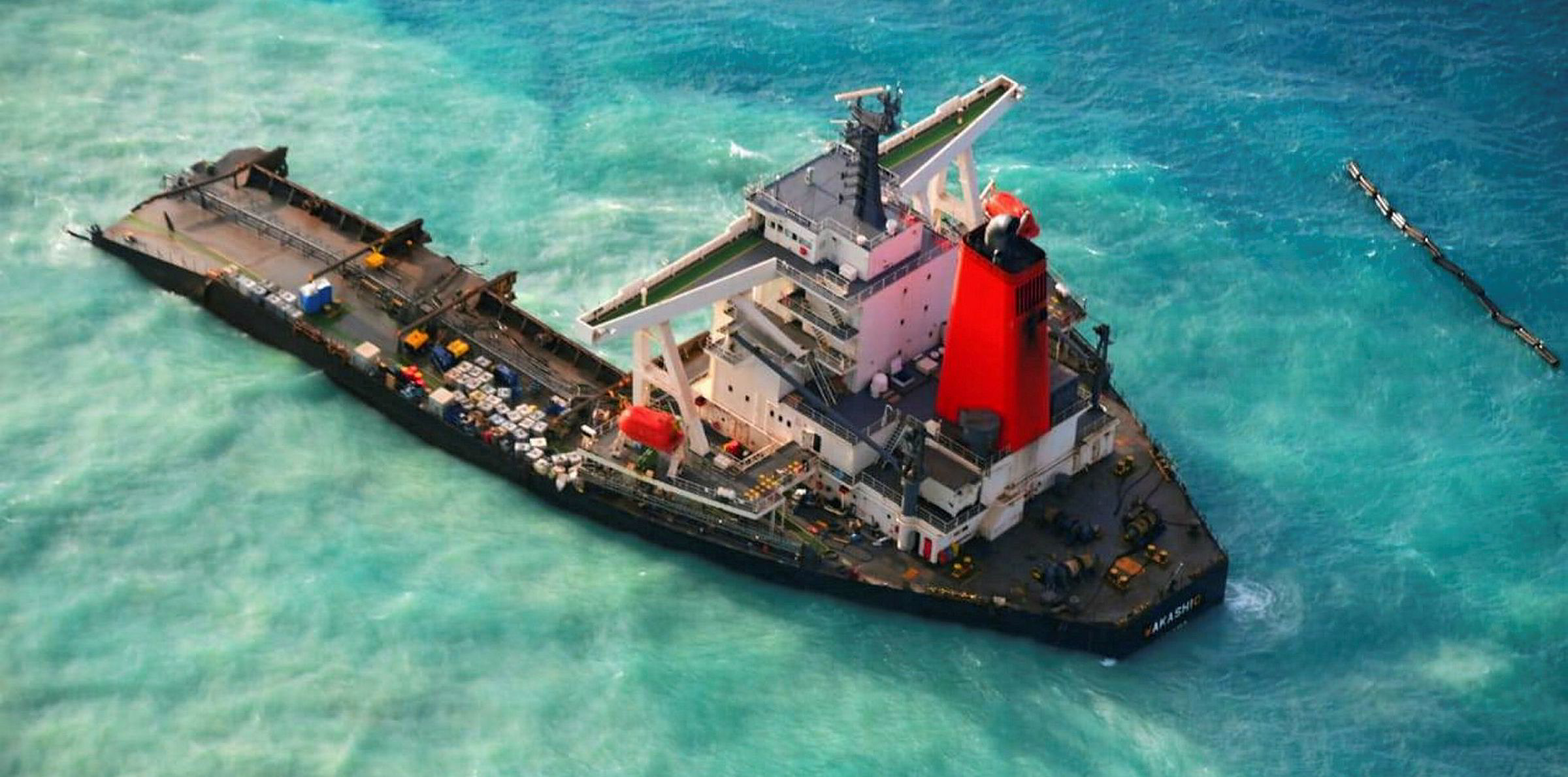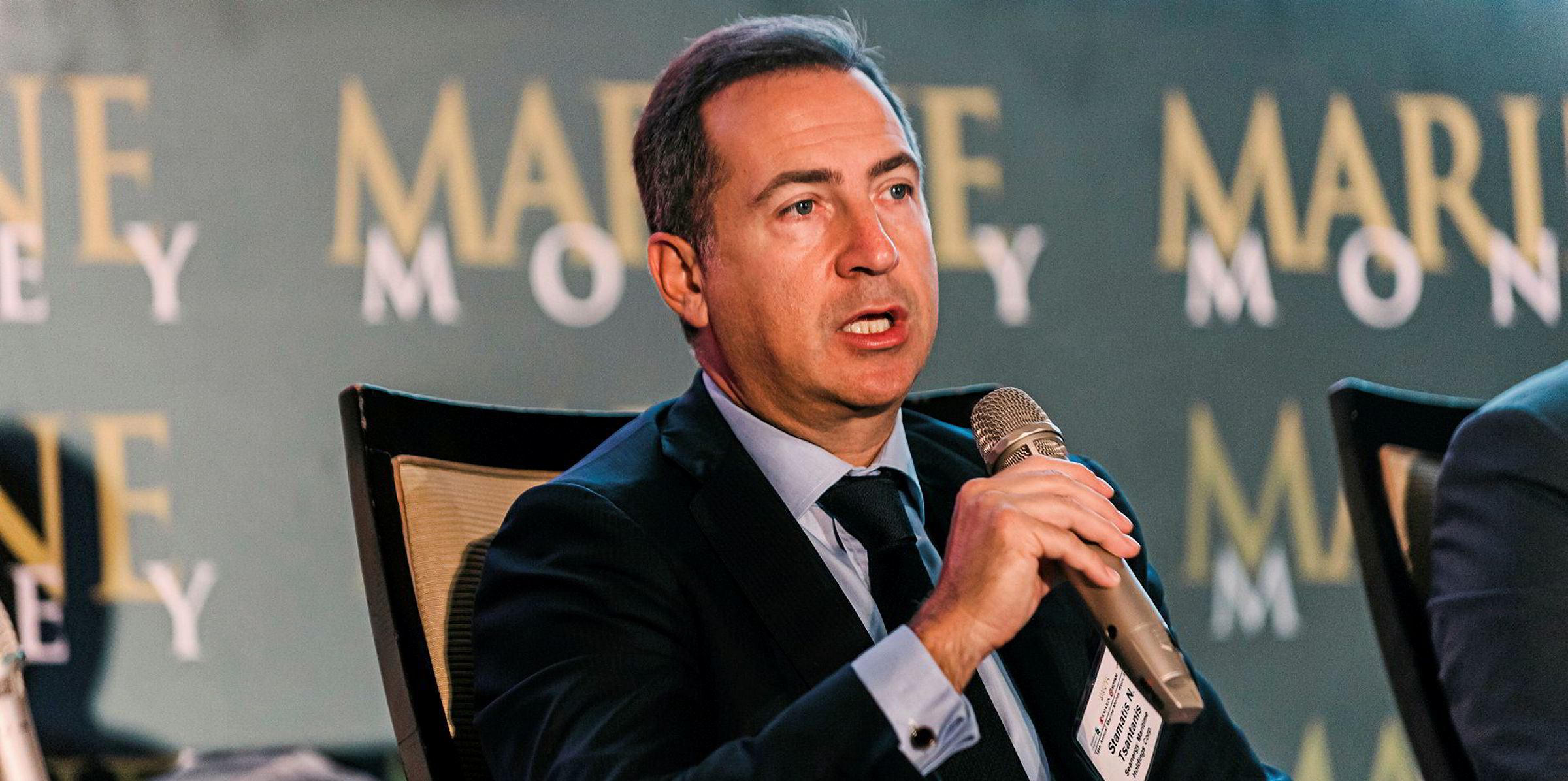Norway's Klaveness Combination Carriers (KCC) has detailed the costs of Covid-19 disruption as it struggles to take delivery of new vessels.
Its fourth Cleanbu ship, the 83,000-dwt Baleen, which can carry oil products and dry cargoes, was delivered on 4 August from Jiangsu New Yangzijiang Shipbuilding in China.
"Due to current Chinese travel restrictions related to Covid-19, it has become impossible to bring our crews into the shipyard in China," the shipowner said.
"Hence, a Chinese crew has been employed to position the vessel to Korea where a crew change will be made."
It said these restrictions and quarantine regulations will delay the start of trading.
The ship is expected to load its first cargo in the second half of September.
The four subsequent newbuilds are expected to be delivered in the period October 2020 to March 2021.
But delivery dates are uncertain and additional delays might occur, KCC admitted.
"Take-over procedure for these four vessels have not yet been decided, but similar procedures are planned for the next vessel deliveries in 2020 leading to delays and additional costs," it added.
Cases confirmed
The company revealed it had confirmed two cases of Covid-19 on one of its Cabu ships in July.
After quarantine of the affected crew, consistent negative results from repetitive Covid-19 testing of the entire crew and complete cleaning and the disinfection of the vessel’s accommodation, the ship resumed trading in early August after 14 days off-hire.
The company expects to book a loss of $0.4m from the incident, including a loss from the re-let of the caustic soda cargo, off-hire, rescheduling and additional costs relating to the crew.
"It continues to be difficult to make crew changes, get ship managers, service personnel and vetting inspectors on board. It has also been necessary to deviate vessels to get supplies on board and make crew changes, leading to off-hire and additional costs," KCC added.
Earnings rise
KCC's net profit in the second quarter was $8.35m, up from a loss of $1.87m a year ago, lifting the six-month result to $12.67m.
Revenue in the second three months was $25.5m, against $12.6m in 2019.
Adjusted Ebitda of $15.9m was 23% higher than the last quarter.
Fearnley Securities said the result had improved on the dry side, while the company took extra coverage on the tanker side, which is expected to "bridge" a weaker spot market.
Third quarter bookings show "a significant improvement" with dry leg earnings up from $10,000 per day to $19,000, the investment bank said.
The Cabu ships, which carry caustic soda and dry bulk, produced earnings of $21,290 per day, up from $15,038 last year, and the Cleanbus made $30,983, against $12,905.
KCC is paying a dividend of $0.03 per share, or a total of $1.44m.
Chief executive Engebret Dahm said: "We are pleased to report strong results and operational performance for the second quarter.
"The earnings outlook for the remaining part of the year is positive, despite a historical weak tanker market and the Covid-19 situation."
Tanker markets were considerably stronger in the second quarter, but a weak dry bulk market hit the bottom line.
It carried "substantially" more caustic soda on the Cabus, however.
'Pleasant' bulker market
The third quarter has "so far been pleasant" in terms of bulker markets, while it is expected that product tanker rates will remain weak the coming months due to oil production curtailments, low global oil demand, reduced refinery runs and reduced floating storage demand, KCC said.
The second half of the year will see earnings at a lower level than in the first six months.
But the company is supported by secured contract of affreightment deals and time charter contracts, partly secured at strong tanker market levels in the first and second quarters, and better bulker rates.
It has 79% of tanker exposure fixed for the rest of 2020 and 27% for the first half of next year.







